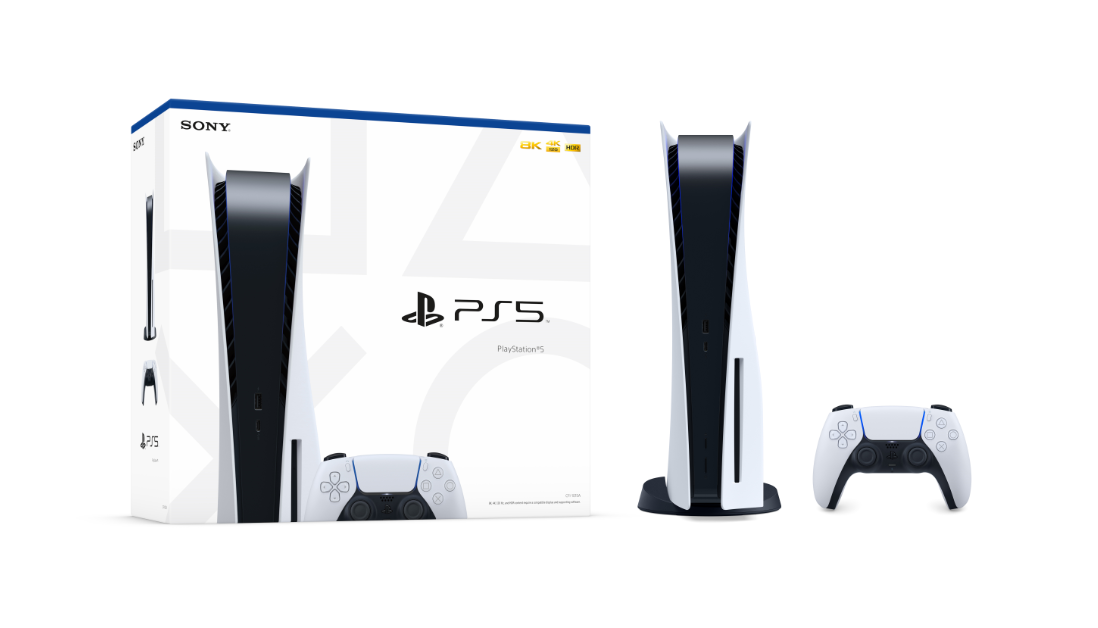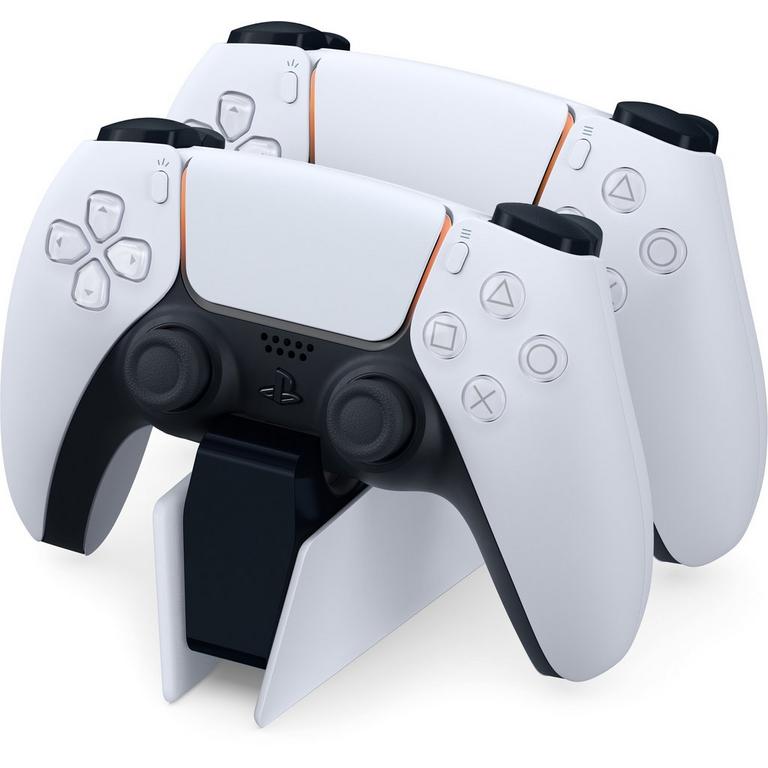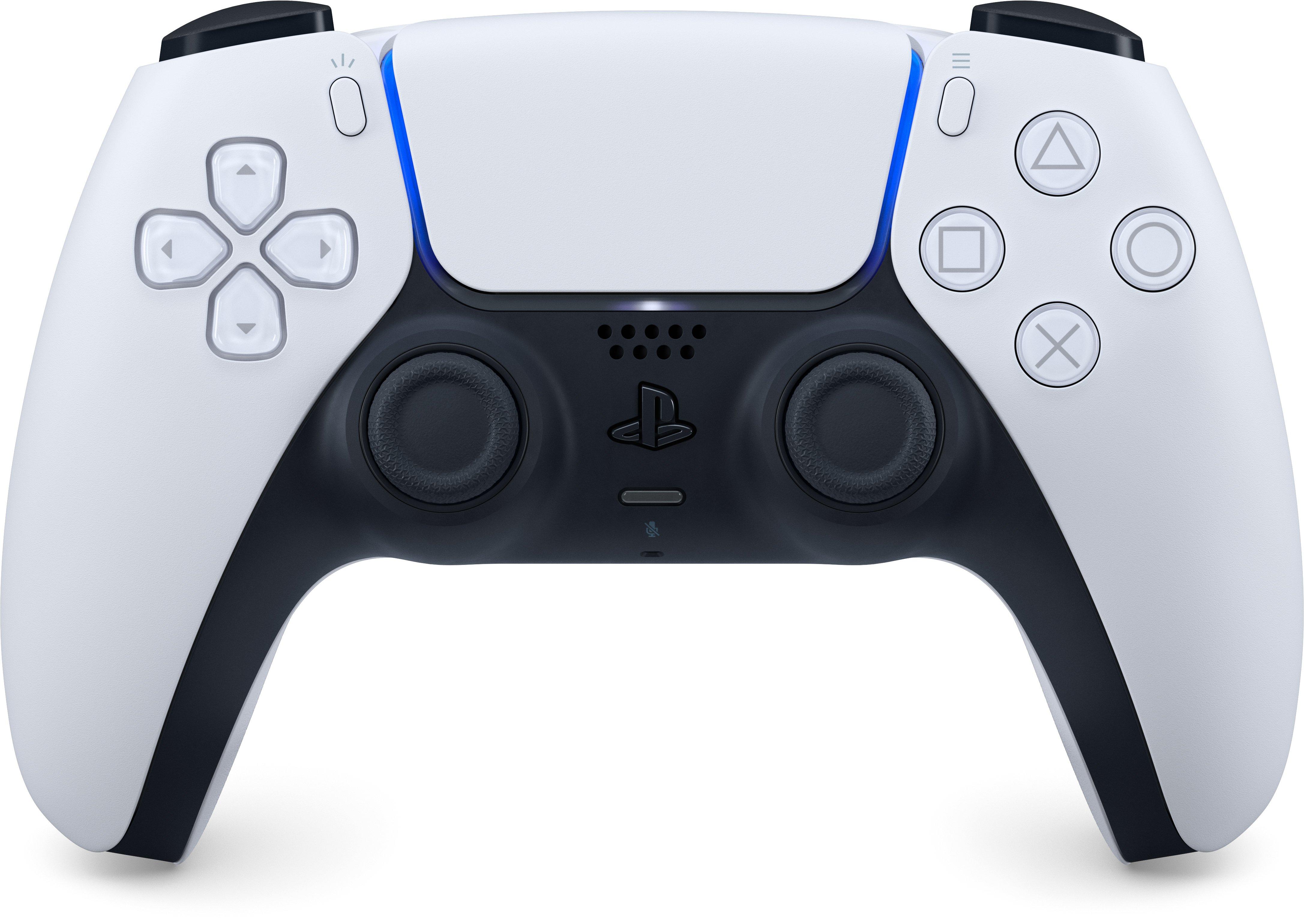PlayStation Plus 1 Year Membership – Sony Computer Entertainment America
PlayStation Plus gives you access to exclusive online features for your PlayStation gaming consoles, including Free Monthly Games access and online multiplayer on PS4™ systems.
PlayStation Plus gives you access to exclusive online features for your PlayStation gaming consoles, including Free Monthly Games access and online multiplayer on PS4™ systems.*
Sales tax is not included. At redemption, state and local taxes may apply based on the address of the PlayStation account of the redeeming party.
Compatible Platforms:
PlayStation 4
PlayStation 3
Additional information
| Guarantee | 7 day money back guarantee |
|---|






by Tea
Would’ve been 5 stars but a week after I paid for my 1 year membership I saw in the PS store you could get a year plus 3 months for the same price…
by Gee
great deal big savings , vs paying month to month.
by Andrew
GameStop provided me with the lowest cost annual subscription available.